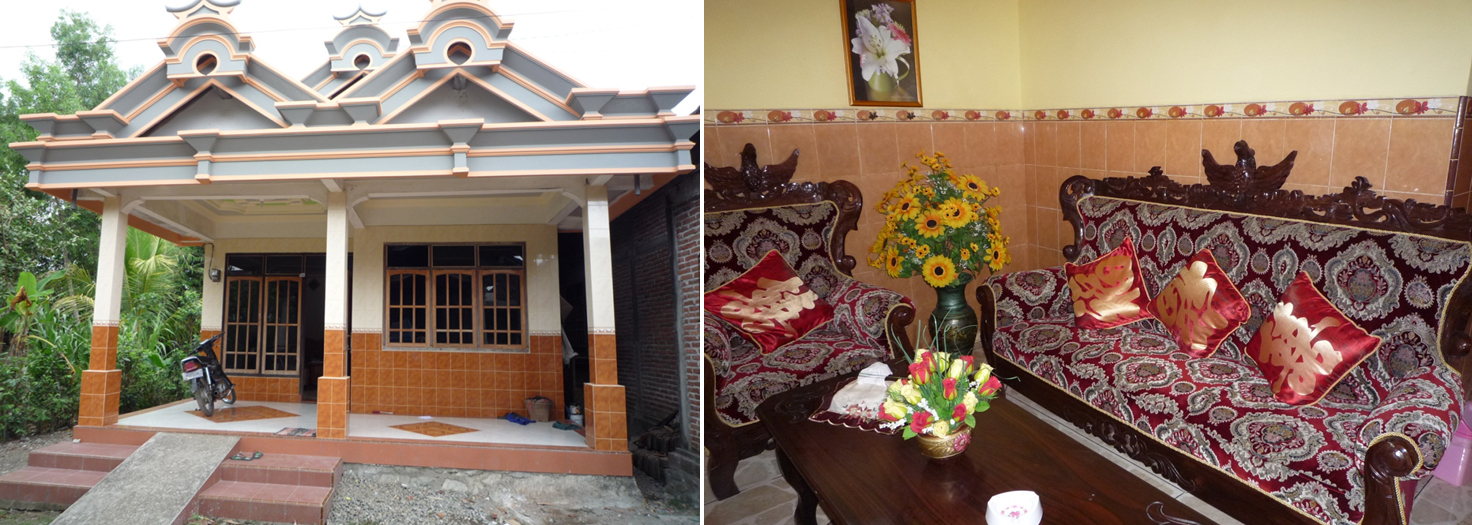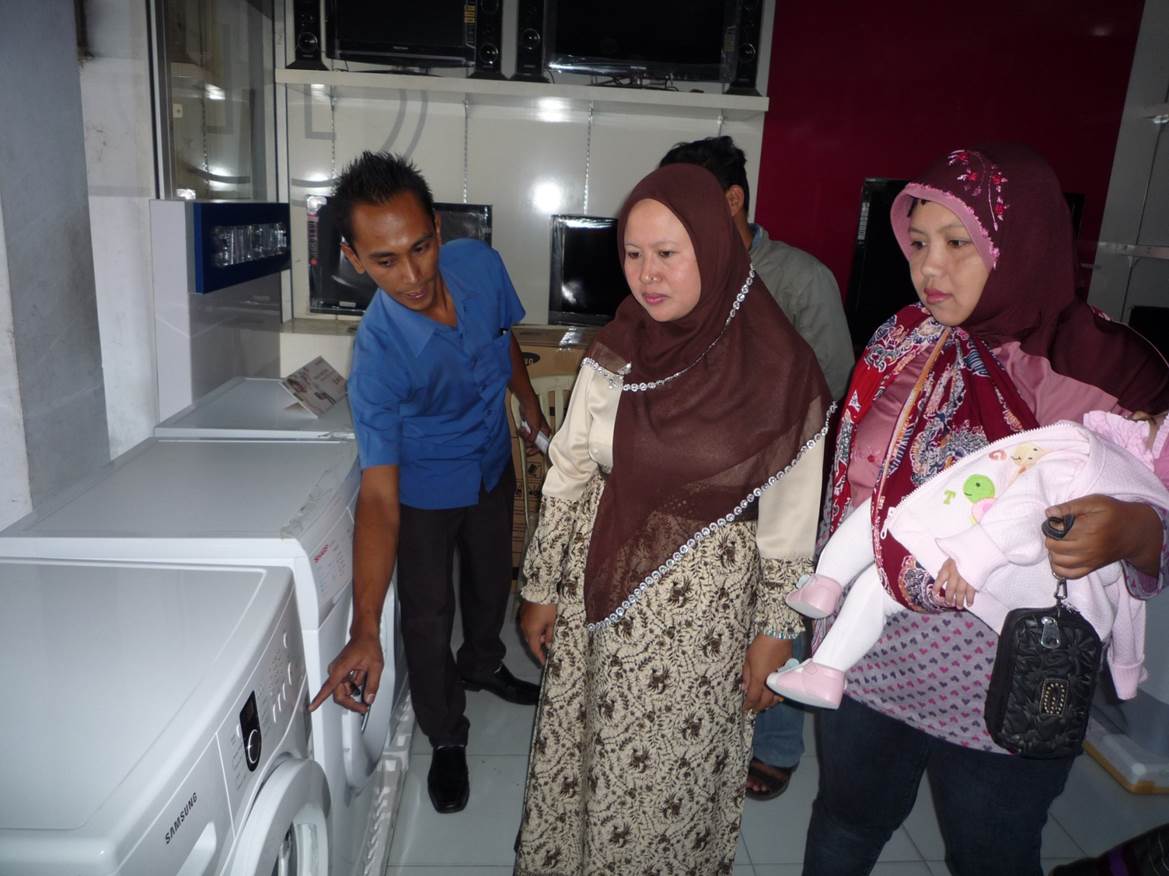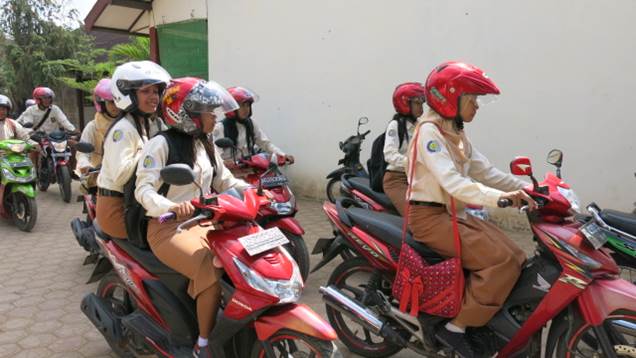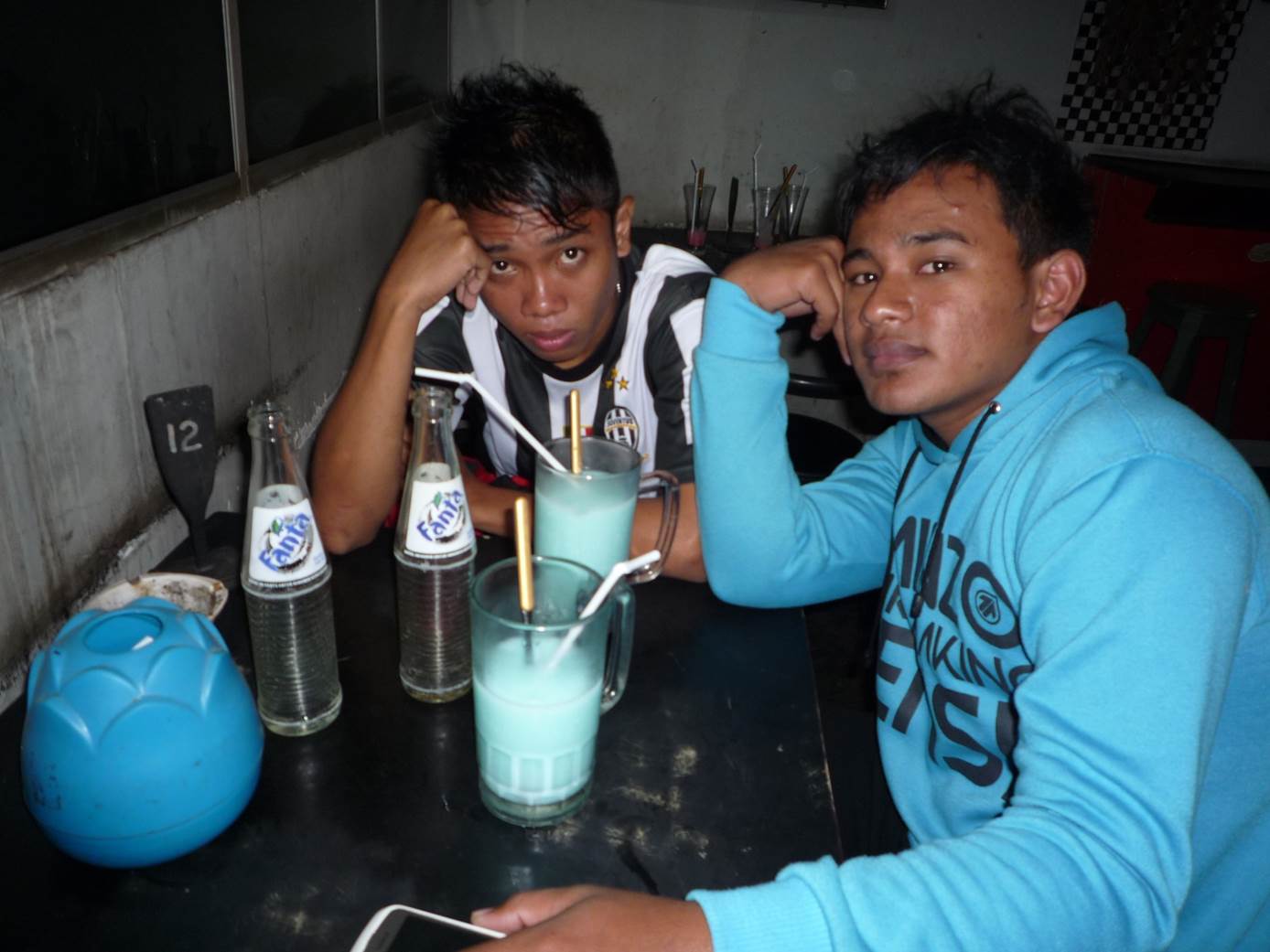- Project Leader:Kurasawa Aiko (Keio University, Emeritus Professor)
- Collaborators:Mizuno Kosuke (Kyoto University, Center for Southeast Asian Studies)
- Naito Tagayasu (Tokai University, School of Letters)
- Arai Kazuhiro (Keio University, Faculty of Business and Commerce)
- Arai Kenichiro (Asia University, Faculty of International Social Studies)
- Nonaka Yo (Keio University, Faculty of Policy Management)
- Ooi Jiro (Tohoku University, Graduate School of Arts and Letters)
- Matsumura Toshio (Waseda University, Graduate School of Asia Pacific Studies)
- Yamaguchi Motoki(Rikkyo University, Faculty of Literature)
- Nanke Mitsuko (Okayama University, Graduate School of Humanities and Social Sciences)
Outline of Research
Applying the concept of “pseudo middle class,” we will study recent changes in consumption patterns in Indonesia, where consumption consistent with a middle class lifestyle is rapidly expanding. We will also examine trends in the supply and demand of Islam-related merchandise, which is becoming increasingly prominent in contemporary consumption. During the course of this year, all research group members will conduct field research in Indonesia, focusing on consumption at shopping malls and its impact on lifestyles.
Description
The middle class in Indonesia has not yet been fully formed as a driver of consumption. In this research project, we hypothesize that consumption is actually driven by a social stratum whose members, though not having enough purchasing power to be considered middle class, tend to follow the same consumption patterns and behavior as the middle class. This social stratum can be called the “pseudo middle class,” and in this research it is utilized as a basic concept for analysis. We will observe actual consumption behavior at the micro level in order to determine ideas and values of the middle class and pseudo middle class Indonesian subjects. We also examine supply and demand mechanisms, focusing on several commodities and services. Because Indonesia has the largest Muslim population in the world, we find it important to pay special attention to the possibility of specifically Muslim ways of thinking. Inspired by “glocal” approaches, we will investigate the influences brought to the community level through changes in consumption styles, including Muslim ones. This year we will focus on shopping malls, which are now branded into categories such as “super deluxe,” “deluxe,” and “standard” in accordance with varying demands of Indonesian consumers.




